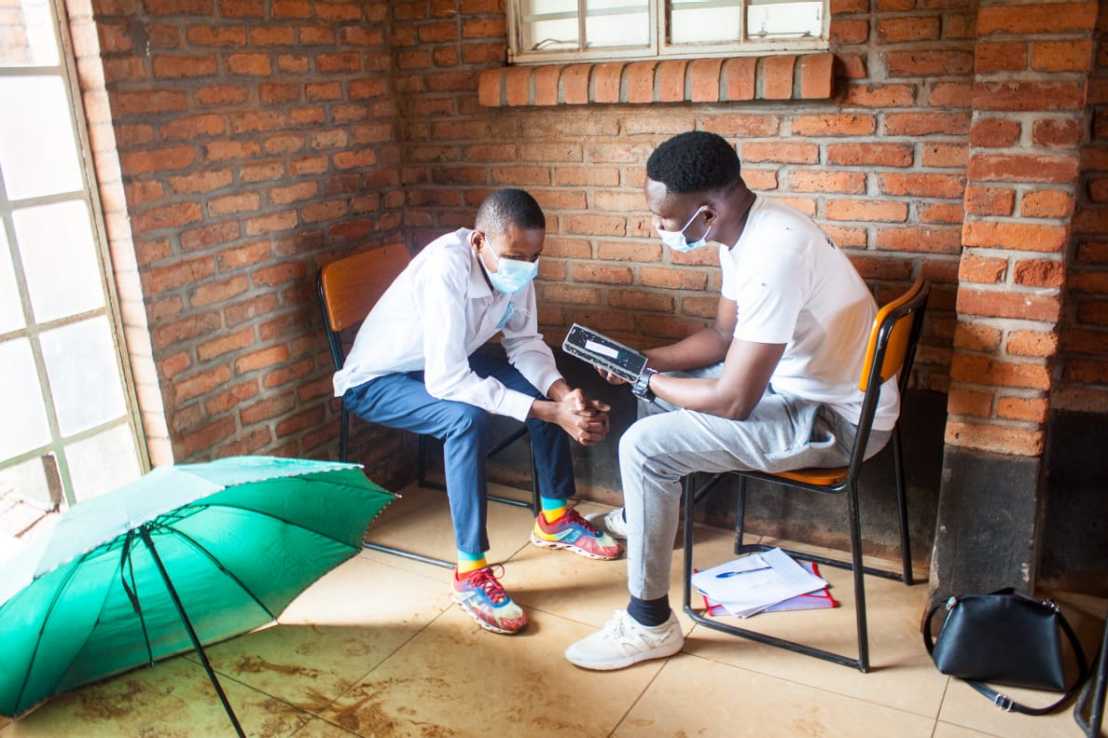Inclusion of Malawian Youth in Higher Education
Project description

In Sub Saharan Africa, approximately 9 million students are enrolled in tertiary education, which is 4% of the total tertiary education enrolment globally. Barriers to higher education in Sub Saharan Africa are numerous: poverty, food insecurity, gender, and disability. Little is known about the psychosocial factors associated with students’ intention to apply for tertiary education. Using a psychological theory of behaviour change, the Risks, Attitudes, Norms, Abilities, and Self-Regulation external page (RANAS) approach, our study investigated the psychosocial and context factors (i.e. mental health, hunger) that relate to the successful pathways to tertiary education among Malawian students.
Methods
We conducted 821 face-to-face interviews with secondary school students in Malawi.
Key findings
- More than half of the youth were at risk of developing depression; girls reported experiencing more depression symptoms than boys.
- Around 1 out of 5 interviewed youth lived in a home experiencing moderate or severe hunger.
- Factual knowledge about enrolment process was very limited.
- An intention to apply for tertiary education was negatively associated with mental health and hunger.
- A higher intention to apply for tertiary education was related to vulnerability, joy, happiness, excitement, approval of others, personal importance, confidence, and commitment to apply.
Conclusions
This is the first comprehensive body of work to apply theories from social psychology addressing enrolment on the African continent, as a means of holistically addressing the deficit of skilled workers required for self-directed development.
Further steps
Using these results, we will implement and test the effectiveness of evidence-based behaviour-change interventions in Malawian secondary schools with the goal of identifying the best and least costly method of increasing TE enrollment.
Contact
Schweiz